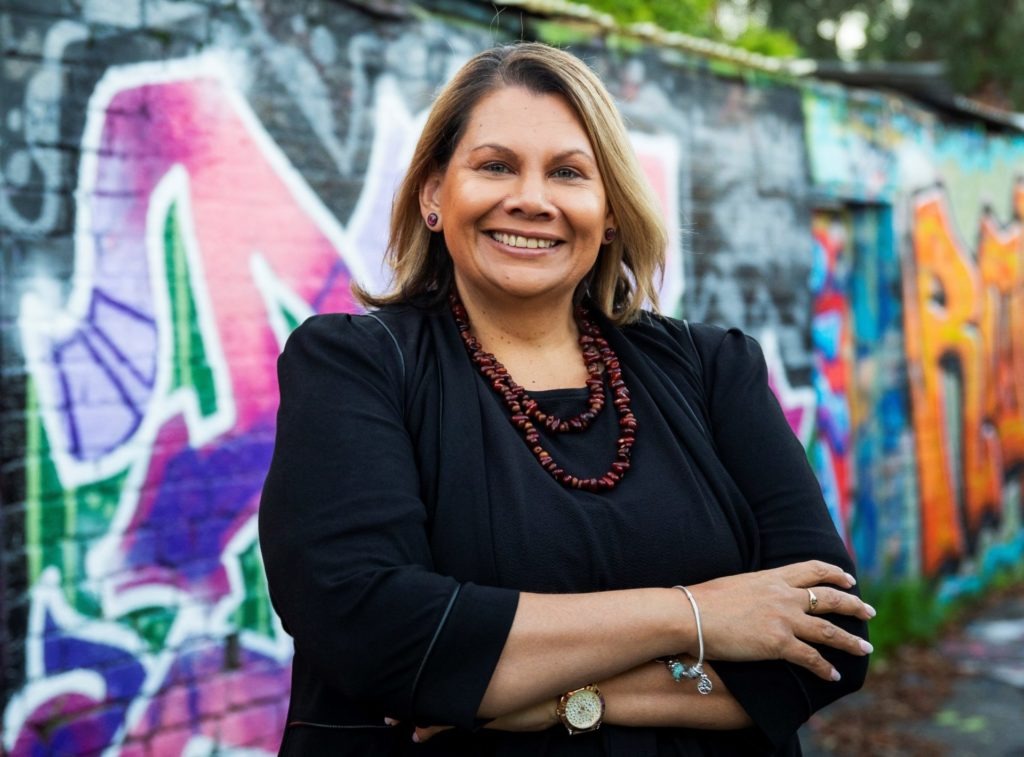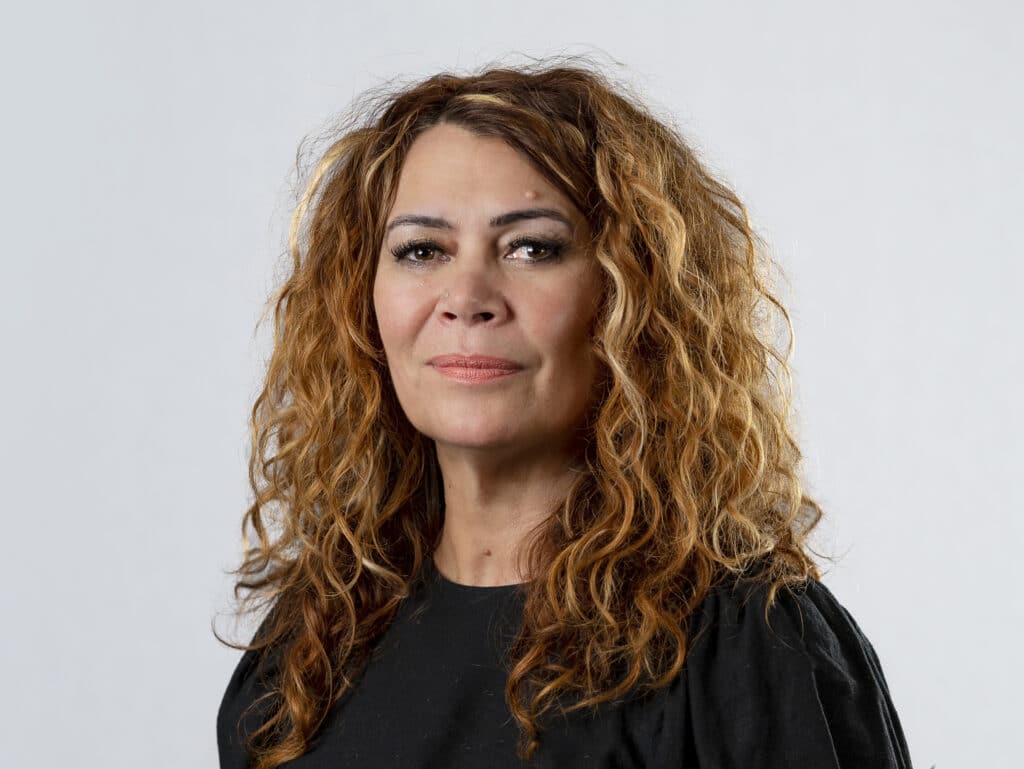The Senate Inquiry into Murdered and Missing Indigenous Women and Children has tabled its final report, including 10 recommendations for the government to consider.
The report, which was tabled in Parliament on Thursday, comes after a two-year inquiry lead by the Senate Legal and Constitutional Affairs References Committee into First Nations women and children who have been murdered or are missing.
Indigenous women are eight times more likely to be killed from family, domestic and sexual violence than their non-Indigenous counterparts, and Indigenous children are three times more likely to be murdered than non-Indigenous children. But the inquiry found that these numbers could be much higher – that Australia is failing to appropriately report and recognise these women and children
Speaking to ABC RN Drive yesterday afternoon, Deputy Chair of the inquiry and ALP Queensland Senator Nita Green said the inquiry has “personally” changed her, and she hopes to see broader change in society as a result of the report.
“This report… hopefully is the start of a really important national conversation about what we need to do to change this,” Senator Green said.
Senator Green said there is a “cultural bias” that stops reports of murdered or missing First Nations women and children from being taken seriously by authorities.
“Part of the problem (in reporting) that we heard is that when First Nations women… go missing, they are not necessarily considered to be a missing person.
“They’ve (the family) been told by police that their family member just went ‘walkabout’, or they’ve moved to another town, and that is not something that I think other families in the country would be told if they hadn’t seen their loved one for a few months.”
What are the recommendations?
There are 10 recommendations in total from the Inquiry’s report. The first recommendation calls for a co-design approach in finding a way to recognise and remember First Nations women and children who have been murdered or who are reported missing.
Another one of the biggest recommendations from the Senate Committee calls for a review into police practices.
The Committee recommends this review be led by the Attorney-General, engaging with police ministers from state and territory jurisdictions from around the country to foster a “national approach” to murdered and missing First Nations women and children.
“We want the Attorney-General to work with police ministers to review and harmonise that practice, and we’re asking the Attorney-General to come back to Parliament and report on those processes, so that there can be scrutiny of that work,” Senator Green said on RN Drive.
The Senate Inquiry report also calls for a First Nations person to be appointed in the Domestic Family and Sexual Violence Commission who would be there to advocate on behalf of First Nations women and children.
Funding to frontline services that provide support for First Nations women and children experiencing vioelnce is also a major recommendation from the Committee.
The Committee also recommends for the Australian Press Council to consider and reflect on how the media portrays cases of murdered and missing First Nations women and children, and for the Council to update its Standards and Advisory Guidelines to be more culturally appropriate.
‘This report could have been more’
Greens Senator Dorinda Cox first brought the motion to hold the inquiry into murdered and missing First Nations women and children in November 2021. She is Yamatji-Noongar woman and has been a strong voice in the process of this Senate inquiry.

Responding to the report, Senator Cox said the inquiry’s report was “a good start”, but she felt let down that there was no recommendation to create a nationally harmonised data set to recognise and report missing and murdered First Nations women and children.
“It is a start, and I welcome an extra boost in funding, particularly to our family violence legal services, a good start in commemorating and honouring the memory of missing and murdered First Nations women and children,” Senator Cox said on ABC’s RN Breakfast this morning.
“But this report could have been more. The recommendations could have been much more ambitious, it could’ve given us the thing that we started this inquiry for, and that was about a nationally harmonising data so we could get a better picture of the magnitude of the problem we’re dealing with.”
‘Hear Aboriginal women’
Antoinette Braybrook is the founding CEO of Djirra, Victoria’s first specialty family violence legal service established, designed and led by and for Aboriginal women. Her organisation provides holistic care for First Nations women in Victoria who experience family, domestic and sexual violence.
Djirra was a key voice during Victoria’s Senate Inquiry over the last two years. For Braybrook, the Inquiry was proof that First Nations women and children “are not safe”.
“We have been reminded- yet again- that violence against Aboriginal women and children is a national epidemic and affects our people’s lives in every corner of this country,” Braybrook told Women’s Agenda.
“Reports about the harm, disappearance, or killing of our women and children are too often dismissed or not taken seriously by police and other investigating bodies.
“One poor or unsafe response by police will literally stop a woman from reporting the violence she is experiencing or from seeking the support she needs for her and her children’s safety.”
Family, domestic and sexual violence disproportionately affects First Nations women and children in Australia. In fact, according to Djirra, Aboriginal women in Victoria are 45 times more likely to experience family violence than non-Indigenous women. First Nations women are also 69 times more likely to experience a head injury from an assault, and shockingly, 10 times more likely to be killed by domestic violence than non-Indigenous women.
“These numbers are shocking,” Braybrook said.
“Accurate data would reveal an even more devastating reality – the real numbers are much, much higher. These numbers do not include the 90+% of instances of unreported family violence against our women, or the deaths and disappearances that are not properly investigated by police and other services.”
Braybrook and her organisation are demanding for justice for First Nations women and girls who continue to experience high rates of male violence .
“We call for our lives to be valued and our self-determination invested in. We call for investment in the frontline specialist family violence legal and non-legal assistance that is essential to keeping our women and children safe,” Braybrook said.
“Changing this starts with a simple but powerful message: Hear Aboriginal women. See Aboriginal women. Believe Aboriginal women. Invest in Aboriginal women.”
Specifically, Braybrook is calling on all levels of government to work together and invest in “specialist, self-determined solutions” that advocate for First Nations women and girls’ safety.
“It must not take weeks, months, or years to see a response,” Braybrook said.
“This report and the Inquiry’s recommendations must not get caught up in debate or bureaucratic and political red tape. Our lives depend on this. Now is the time for bipartisan action and a commitment to change. For urgent investment in Djirra and other specialist family violence prevention and legal services that put Aboriginal women and children’s lives first.
“Governments and investigating bodies, including the Police, must listen to and believe our women when their lives are at risk. There must be a thorough investigation every time a First Nations woman is assaulted, killed, or brutally disappeared, no matter where they are.”
Feature Image: Antoinette Braybrook, CEO of Djirra. Credit: Supplied
Feeling worried or no good? No shame, no judgement, safe place to yarn. Speak to a 13YARN Crisis Supporter, call 13 92 76. This service is available 24 hours a day, 7 days a week.
If you or someone you know is experiencing, or at risk of experiencing, domestic, family or sexual violence, call 1800RESPECT on 1800 737 732, text 0458 737 732 or visit 1800RESPECT.org.au for online chat and video call services.
If you are concerned about your behaviour or use of violence, you can contact the Men’s Referral Service on 1300 766 491 or visit http://www.ntv.org.au.



